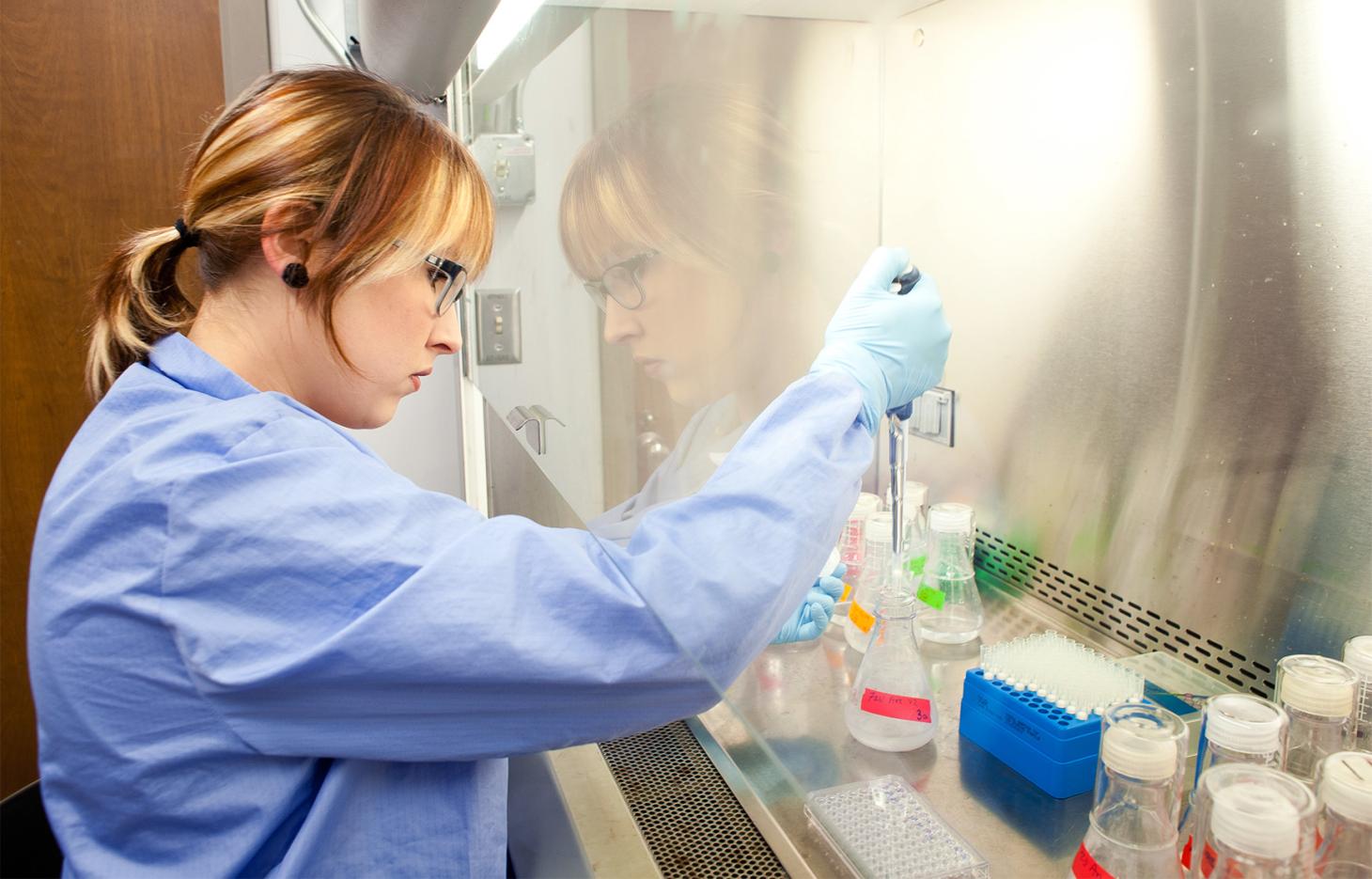One of our major activities is the culturing of new microbial species. Our earlier research on applications of molecular biology to microbial ecology helped establish the broad and fundamental observation that a majority of the microorganisms in natural ecosystems have not been cultured in scientific laboratories.
Bacteria that have never been cultured are among the most numerous organisms on our planet. Understanding their activities is critical to the development of local and global geochemical models, as well as socially relevant issues such as bioremediation. They are also a major reservoir of natural diversity that is yielding new enzymes and small molecules for the chemical industry, agriculture, and medicine.
To address this problem, we devised and built a new experimental facility at OSU for studying high throughput microbial cultivation methods. Our facility uses robotics, flow cytometry and cell arraying techniques to culture and identify cells at the very low growth rates and nutrient concentrations that are typical of natural ecosystems.
We seek to culture these organisms because their complete genome sequences may offer one of the best sources of insight into their activities in nature, and because cell cultures provide opportunities to test hypotheses about cellular functions that arise from genome analysis.




